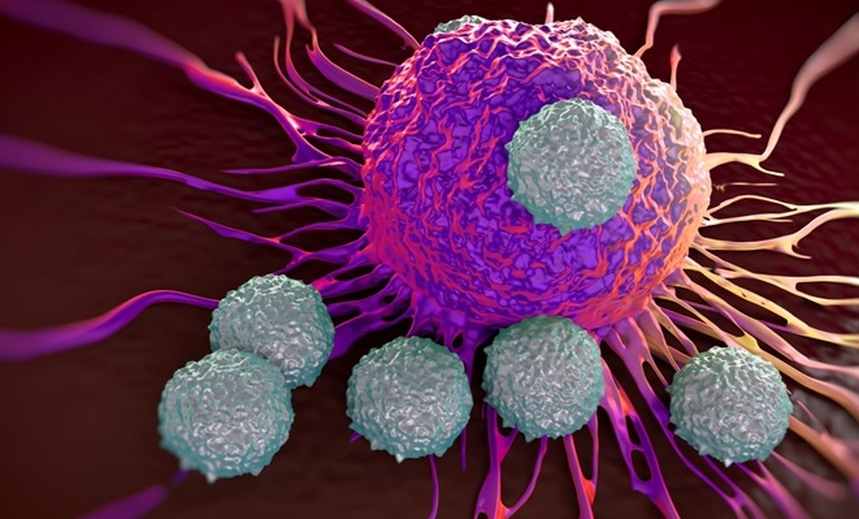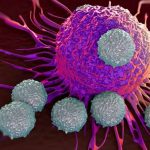Scientists discovered some coronavirus patients recovered from COVID-19 infection, but mysteriously did NOT have any antibodies against the virus. T-cell immunity may be the key

Back in January before the coronavirus pandemic, we wrote a piece about how British scientists may have found cure for cancer after accidentally discovered immune cell (T-cell) that kills most cancers. At the time, the focus was more about how the research could herald a major breakthrough in cancer treatment.
At the time, researchers at Cardiff University made the discovery when they were analyzing blood from a bank in Wales, looking for immune cells that could fight bacteria, when they found an entirely new type of T-cell. According to the study, this newly-discovered T-cell, which is part of our immune system, could be harnessed to treat all cancers, say scientists.
Now fast forward six months later, it seems the same the enigmatic T-cell could provide a cure for coronavirus. For months, the world has been preoccupied with antibodies. However, antibodies are not the body’s only weapons against the coronavirus. Now, researchers are beginning to realize that there might be another form of immunity – one which, in some cases, has been lurking undetected in the body for years.
In a new study published at medRxiv, scientists discovered that some coronavirus patients who had recovered from infection with Covid-19 mysteriously did not have any antibodies against it. When they later tested blood samples taken years before the pandemic started, they found T cells which were specifically tailored to detect proteins on the surface of Covid-19. Several other studies have shown that people infected with Covid-19 tend to have T cells that can target the virus, regardless of whether they have experienced symptoms. So, instead of worrying that antibodies against Covid-19 could be lost in just three months, maybe our efforts should be focused on not only the antibodies but also harnessing the power of T-cell immunity.
The finding is good news we’ve been waiting for. However, before we pop out the champagne bottle and celebrate, back in April, we also wrote another story about discovery that coronavirus could also kill the T-cells. According to a study conducted by a team of researchers in China and the US, they found that the virus that causes Covid-19 can destroy the T cells that are supposed to protect the body from harmful invader. In their startling discovery, they found that coronavirus can kill immune cells usually used to fight off illness and cause damage similar to what’s seen in HIV patients.
So, what are T-cells? T cells are a kind of immune cell (a type of lymphocyte) whose main purpose is to identify and kill invading pathogens or infected cells. They are a part of the immune system that focuses on specific foreign particles. They do this using proteins on its surface, which can bind to proteins on the surface of these imposters. A T-cell develops in the thymus gland (hence the name) and plays a central role in the immune response. Rather than generically attack any antigens, T-cells circulate until they encounter their specific antigen. As such, T cells play a critical part in immunity to foreign substances.
Most vaccine we use today are based on antibodies but new research have been shown that scientists could harness the power of T-cell as a cure to coronavirus. For example, yesterday we wrote about Oxford University COVID-19 vaccine that shows positive results in first phase of human trials; safe and produced an immune response. According to the latest study, the vaccine, called AZD1222 and being developed by AstraZeneca and scientists at Britain’s University of Oxford, did not prompt any serious side effects and elicited antibody and T-cell immune responses, according to trial results published in The Lancet medical journal.
There are trillions of possible versions of T-cells, each with its own specific function which can each recognize a different target. T cells can be distinguished from other lymphocytes by the presence of a T-cell receptor on the cell surface. These immune cells originate as precursor cells, derived from bone marrow,[1] and develop into several distinct types of T-cells once they have migrated to the thymus gland. T cell differentiation continues even after they have left the thymus. Because T-cells can hang around in the blood for years after an infection, they also contribute to the immune system’s “long-term memory” and allow it to mount a faster and more effective response when it’s exposed to an old foe.
Below is quick overview of T-cell.




